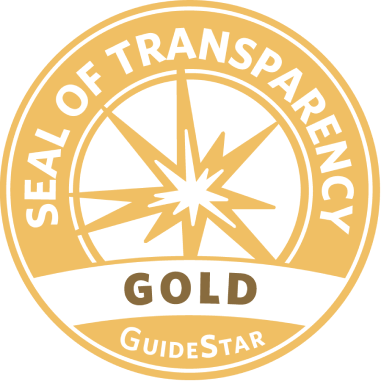Language is more than just a tool for communication—it is a source of power, identity, and freedom. For women in Iran and Afghanistan, learning a new language, especially English, is not just about speaking—it is about reclaiming their voices in societies that often try to silence them.
In regions where women’s access to education and self-expression is restricted, language becomes a bridge to opportunity. It allows them to learn, connect, and advocate for their rights. It is a key that unlocks doors to independence, knowledge, and a future of their own choosing.
The Power of Knowledge
For many women, learning a new language is the first step toward self-empowerment. In Afghanistan, where the Taliban has banned girls from schools and universities, and in Iran, where women face strict limitations on education and career choices, access to knowledge is often controlled.
Yet, through online language courses, secret study groups, and self-learning, women continue to educate themselves. With each new word learned, they gain confidence and expand their world beyond what oppressive systems allow.
- Education – Learning a new language grants access to international books, research, and online courses that might otherwise be censored or unavailable.
- Financial Independence – English proficiency allows women to find online jobs, work as translators, or access scholarships for studying abroad.
- Self-Expression – Writing, speaking, and sharing thoughts in a new language provides a powerful outlet for personal and political expression.
Building Bridges, Not Walls
Language is also a tool for connection. Many women who learn English or another foreign language use it to build global networks of support. In online forums, women in Afghanistan can talk to others who understand their struggles. In Iran, women learning English can communicate their stories to the world.
These connections create solidarity. They prove that women are not alone in their fight for education, freedom, and respect. They offer hope and encouragement in times of darkness.
A Voice for Change
Throughout history, women have used language to fight for justice. Malala Yousafzai, an advocate for girls’ education, used her voice to challenge the Taliban. Iranian women protesting for their rights have written, spoken, and shared their experiences with the world.
When women learn a new language, they gain a tool for activism. They can:
- Write about their experiences and share them on international platforms.
- Speak with journalists and human rights organizations about the realities they face.
- Advocate for policy changes, both within their countries and globally.
More Than Words
For women in Iran and Afghanistan, learning a language is more than just mastering grammar and vocabulary—it is an act of resistance. It is a way to escape limitations, to build a future beyond oppression, and to claim a voice that no one can take away.
Language is power. And for every woman who learns a new word, a new sentence, a new way to express herself, the world shifts just a little bit closer to justice.

